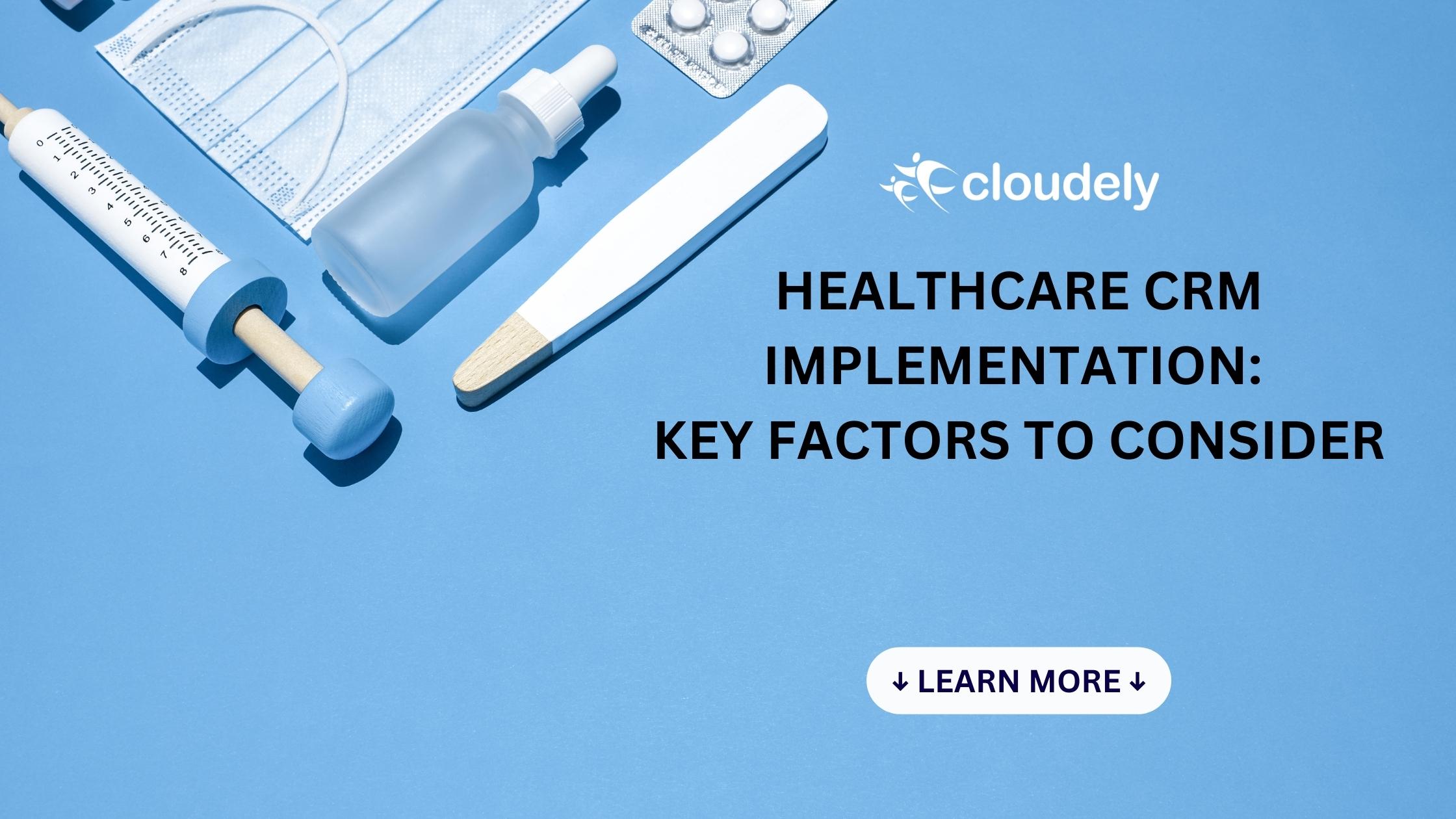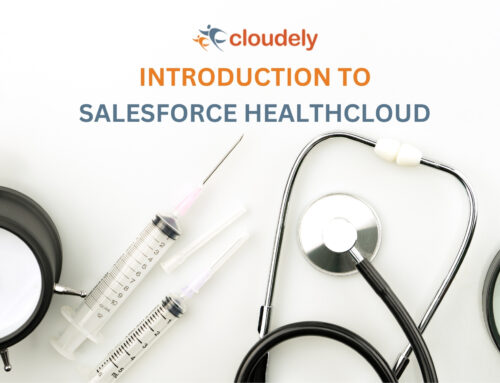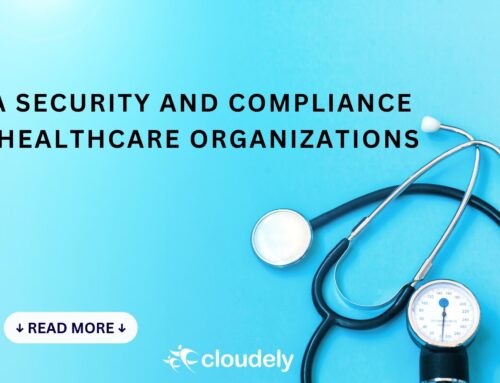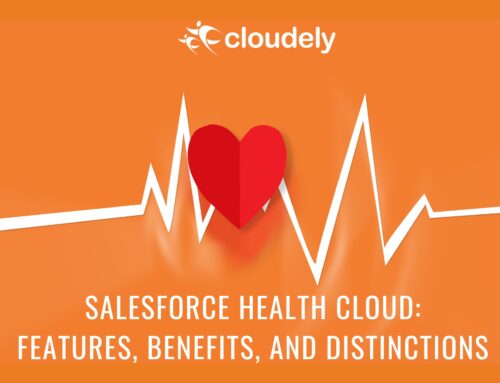Implementing CRM systems in health institutions is a decision that, if done right, can considerably increase patient involvement and promote operations effectiveness. Nevertheless, this journey is complex and calls for considering numerous issues. The implementation process encompasses various steps, including understanding healthcare providers’ and patients’ needs and compliance with healthcare regulations.
Therefore, the CRM system must be aligned to suit the organization’s goals, integrated effortlessly into all existing systems, and adequately trained staff. This article provides a framework for exploring significant issues to consider when implementing healthcare CRM, assuring positive returns while minimizing costs.
Table of Contents
What do you understand by CRM?
CRM integrates people, technology, and business processes to enhance customer interactions and relations. Therefore, CRM is an instrument that integrates sales, marketing, customer services, and technical support. It brings together all customer data in one place, giving each business easy access.
The main objective of CRM is to improve service delivery and increase customer satisfaction and loyalty because they are treated specially. Businesses can obtain customer intelligence from interactions, follow leads, maintain contacts, and detect sales opportunities. This information is vital in customizing marketing endeavors, enhancing client service, and stimulating sales development.
How is CRM changing the healthcare landscape today?
Regarding healthcare CRM, the suppliers implement different approaches and solutions through the process itself. These solutions are tailored to the problems or needs of other people, in this case, patients and medical practitioners. Many specialized healthcare CRM point solutions are currently available in the industry to cater to diverse needs.
Moreover, there are emerging enterprise CRM vendors who recently came into the healthcare industry. They adapt their “off a shelf” solutions, providing specific solutions designed for healthcare. This may involve standard solutions such as Salesforce Health Cloud that are customized for healthcare apps. The enterprise CRM solutions focus on crucial areas that boost healthcare activities and engage patients.
Comprehensive Insight into Patients and Providers means capturing a complete picture of patient/provider encounters and histories. This means that it makes more responsive and quality healthcare delivery possible. It is a more personalized and efficient service because the caregivers can understand the needs and preferences of the client and what the service providers can do.
Utilizing First-Party Data for Enhanced Care Journey: In this regard, the focus is placed on using data specifically garnered from patients and providers to enhance and support holistic patient care delivery. Such data is essential in the decision-making process and customized care offerings.
Addressing Key Use Cases: Such solutions focus on essential aspects of healthcare management, including tracking and reducing missed appointments, assessing financial preparedness, etc. Addressing these makes achieving a lot in healthcare operations and enhancing patient interaction possible.
Healthcare CRM Implementation: Challenges and Solutions
Challenges:
Deploying a Healthcare CRM involves various challenges, mainly as they come with the unique and elaborate character of the health sector.
Data Integration and Compatibility: Integration of CRM with other healthcare IT systems, such as Electronic Health Records (EHRs), is one of the biggest challenges. The CRM must provide for the uninterrupted data flow among these systems to be effective.
Compliance with Regulations: Patient data privacy and security are very stringent in health care. This is very important for the CRM system to comply with regulations such as HIPAA in the U.S., where the system has to have excellent security features and compliance protocols.
User Adoption and Training: Healthcare professionals usually have short duration and different degrees of expertise. While implementing this process can be tricky, ensuring that these personnel are well-trained and can operate on this system comfortably is essential.
Customization and Scalability: Healthcare organizations have diverse needs. A CRM system must be flexible enough to meet the unique demands of a particular healthcare practice and ever-changing patient requirements.
Data Quality and Management: A sound CRM system is only as effective as the quality of data that goes into it. It is difficult to guarantee the correctness of the received data and handle significant flows of patients’ medical information.
Balancing Cost and Value: Healthcare organizations usually operate with a budget constraint. This presents significant challenges in terms of balancing the expense associated with deploying and supporting a CRM system while it provides value and ROI.
Patient Engagement and Privacy: Maintaining a balance between patient engagement through CRM and patient privacy is very sensitive.
Resolving these challenges calls for proper planning, partnerships with other companies operating in the same field, employee training, and paying attention to data protection and compliance issues. Significant benefits are associated with successful implementation, such as better patient care, efficient operations, and increased patient engagement.
Solutions:
Addressing the challenges of Healthcare CRM implementation involves strategic solutions:
Effective Data Integration: Employ interoperable solutions that can work together with other healthcare IT systems, such as EHRs. It guarantees an adequate flow of data and usability.
Ensuring Regulatory Compliance: Select CRM systems with enhanced security protocols adhering to industry-specific laws in the healthcare sector, such as HIPPA. This can be achieved by regular audits and updating as regulations change.
User Adoption and Training: Introduce widespread training programs for healthcare workers with differing technical expertise. Continuous support and accessible interfaces can improve usability and user acceptance.
Customization and Scalability: Go for CRM systems that enable you to customize your organization’s needs and are scalable to allow you to cope with your organization’s needs in the future.
Maintaining Data Quality: Create routine procedures for periodic data cleaning and verification to maintain the authenticity and trustworthiness of CRM data.
Cost-Value Balance: Conduct a detailed cost-benefit assessment to pick the most valuable CRM solution. Think in terms of long-run ROI and not short-run costs.
Patient Privacy and Engagement: Devise CRM-based strategies that effectively interact with patients but respect their rights. Trust can be improved through clear information about data use and privacy and privacy.
Considering the technology and user requirements, these solutions must be implemented thoughtfully. Properly implemented. However, the risks of healthcare CRM implementations become considerably mitigated, resulting in better patient care and enhanced operational efficiency.
Also Read: AI Use Cases in the HealthCare Industry
Conclusion
Therefore, it is essential for decision-makers to critically consider some fundamental issues when planning to implement a Healthcare CRM system in their organizations. There should be integration with existing systems, compliance with healthcare regulations, proper training for user adoption, and a balance between customization and scalability.
Furthermore, data quality must be maintained, the costs must be managed effectively, and patient privacy must be assured for the CRM implementation to be successful. These challenges can be effectively addressed through strategic planning and providing solutions that ease the implementation process, maximizing potential benefits of the CRM system toward patient care, streamlined operational activities, and efficient healthcare services.






